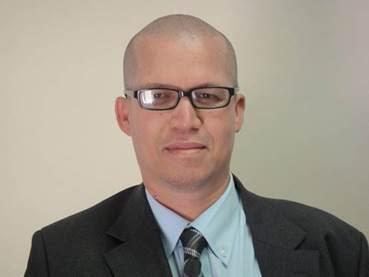Funding education makes dollars and sense
Albin JacobsThere is an African proverb that says: “Knowledge is like a garden: If it is not cultivated, it cannot be harvested.”
This proverb really sums up the crux of this column. As the economic slowdown hits us all where it hurts most - our pockets - we look at ways of cutting back. Economising, trimming the fat, tightening our belts, call it what you will - It comes down to trying to spend less money. It makes sense, until you start looking into where we save money.
It is not just private citizens and families that are saving money, both profit and non-profit organisations are trying to cut back, as is government. When you have less money coming in, spending less is the natural step.
Spend less on groceries, luxuries, holidays, going out, prestigious building projects, ‘fact-finding’ missions or general ‘nice-to-haves’; keep whatever money you have for essentials like rent, mortgage, healthcare, basic foods and education. That’s right, education. Education is a basic necessity. Not just primary and secondary education, but tertiary education too. What worries me as an educator is that I see people cutting back on investing in their education. Governments start cutting budgets to tertiary institutions and overall academic excellence starts to suffer and the long-term effects are almost incalculable. It makes no sense to cut back and try to economise on education. Even in dry years we cultivate our fields; we prepare for the rains to come.
We know that only if we cultivate our fields can we expect a harvest. If we do not keep on investing in education; what will we harvest when the economy recovers? The seed of economic recovery is education.
We need a better workforce to weather the next economic storm.
The trend is global; when economic times are tough, educational investment suffers.
We can’t seem to help ourselves. Spending on education is a long-term investment, with the return on investment sometimes not felt for years; whereas a new car, a new phone or a holiday gives instant gratification.
If we look around how successful nations became successful and the economic powerhouses that they are, it always leads back to a highly skilled, trained and educated workforce. Without sounding all doom and gloom, providing access, investing and stimulating further education truly is the way forward for a society to become knowledge-based and for having a skills-based economy.
This investment requires consistency. We must consistently invest in education if we want to have a stable economy and society.
A country should resolve to educate its people - young and old. Broadening their knowledge and expanding intellectual horizons. Even during tough economic times, this investment will lead to improving their position within a company or organisation that they work in.
Not only should the government support and invest, students, parents, families and communities should play their part in educating a nation as well. Both publicly funded and private tertiary institutions play a vital role in this. Of course these institutions, both public and private, need to be recognised and accredited by the relevant qualification authorities, as well as by the future employees of graduates.
It is easy to say that we should and must continue to invest in education, but it is vital that we do and that we find the means to do so. How else will a nation develop its future workforce for an ever-more demanding working environment, which is dynamic, challenging and exceedingly competitive?
So if tough choices have to be made, let’s make them together and at least be able to say in the years to come that we have provided our youth and young professionals with the opportunity to access educational skills and training, and to be a contributing force to the economy.
So if we reflect on the proverb, we are basically waiting and expecting a harvest, but did we cultivate?
*Albin Jacobs is the director of Southern Business School Namibia.




Comments
My Zone
No comments have been left on this article